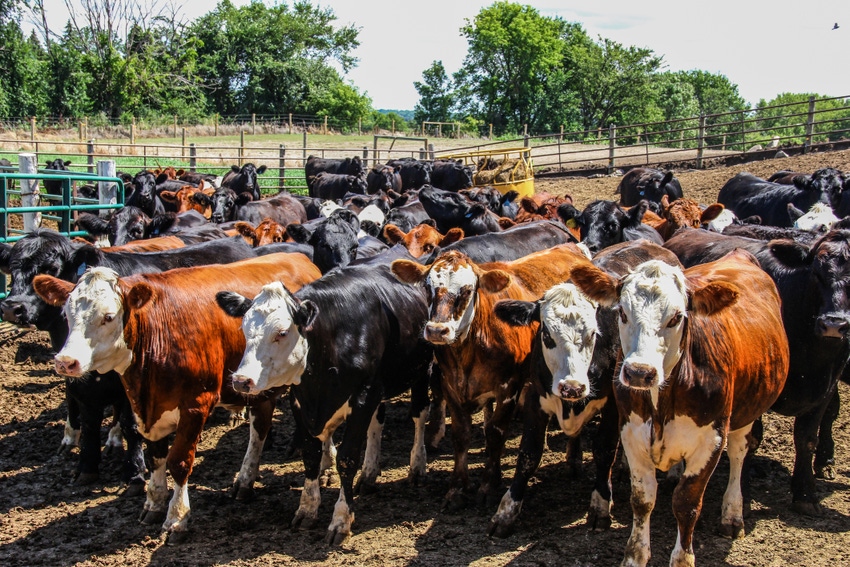November 14, 2019

The U.S. is the leader in sustainable beef production, according to a white paper authored by Sara Place, PhD, senior director of sustainable beef production research at the National Cattlemen's Beef Association, a contractor to the Beef Checkoff.
U.S. beef production, particularly when it comes to greenhouse gas (GHG) emissions, is often misrepresented with global statistics that fuel inaccurate reports and misconceptions, NCBA said. This new white paper addresses this issue by sharing the most recent data indicating that only 3.7% of U.S. GHG emissions come directly from beef cattle. By comparison, globally, beef cattle account for 6% of GHG emissions.
To put U.S. beef production further into perspective, all agriculture, including beef cattle and other animal and crop agriculture, accounts for 8.4% of U.S. GHG emissions. Comparatively, transportation accounts for 28% of GHG emissions in the U.S. On global scale, all livestock agriculture accounts for 14.5% of GHG emissions, which is often used to represent U.S. beef emissions.
These variations can largely be attributed to different regional production practices. As the white paper notes, cattle production in the U.S. has one of the lowest beef GHG emissions intensities in the world. In fact, GHG emissions intensity in the U.S. is 10–50 times lower than other parts of the world.
Improved efficiencies
Compared to the mid-1970's, today the U.S. produces the same amount of beef with one-third fewer cattle. Furthermore, the U.S. produces around 18% of the world's beef with only 8% of the world's cattle herd. These efficiencies are possible due to improved productivity practices, refined genetics, nutrition and scientific advancements.
In addition to research and extension and adoption of new knowledge, beef farmers and ranchers have invested in a first-of-its kind lifecycle assessment to better evaluate sustainability achievements and opportunities across the entire beef lifecycle. The outcome of this assessment, conducted in partnership with USDA and set to be released in the first half of 2020, will be economic, environmental and social benchmarks the beef industry can use to set new goals and measure continued improvement.
"It is clear the U.S. is leading the way when it comes to sustainable beef production," said Place. "Not only are we producing more beef with less resources, but we are able to raise a high-quality protein while still caring for the environment. The beef industry takes pride in raising cattle sustainably, which is evident in its dedication to continued improvement."
Source: National Cattlemen's Beef Association, which is solely responsible for the information provided and is wholly owned by the source. Informa Business Media and all its subsidiaries are not responsible for any of the content contained in this information asset.
You May Also Like




